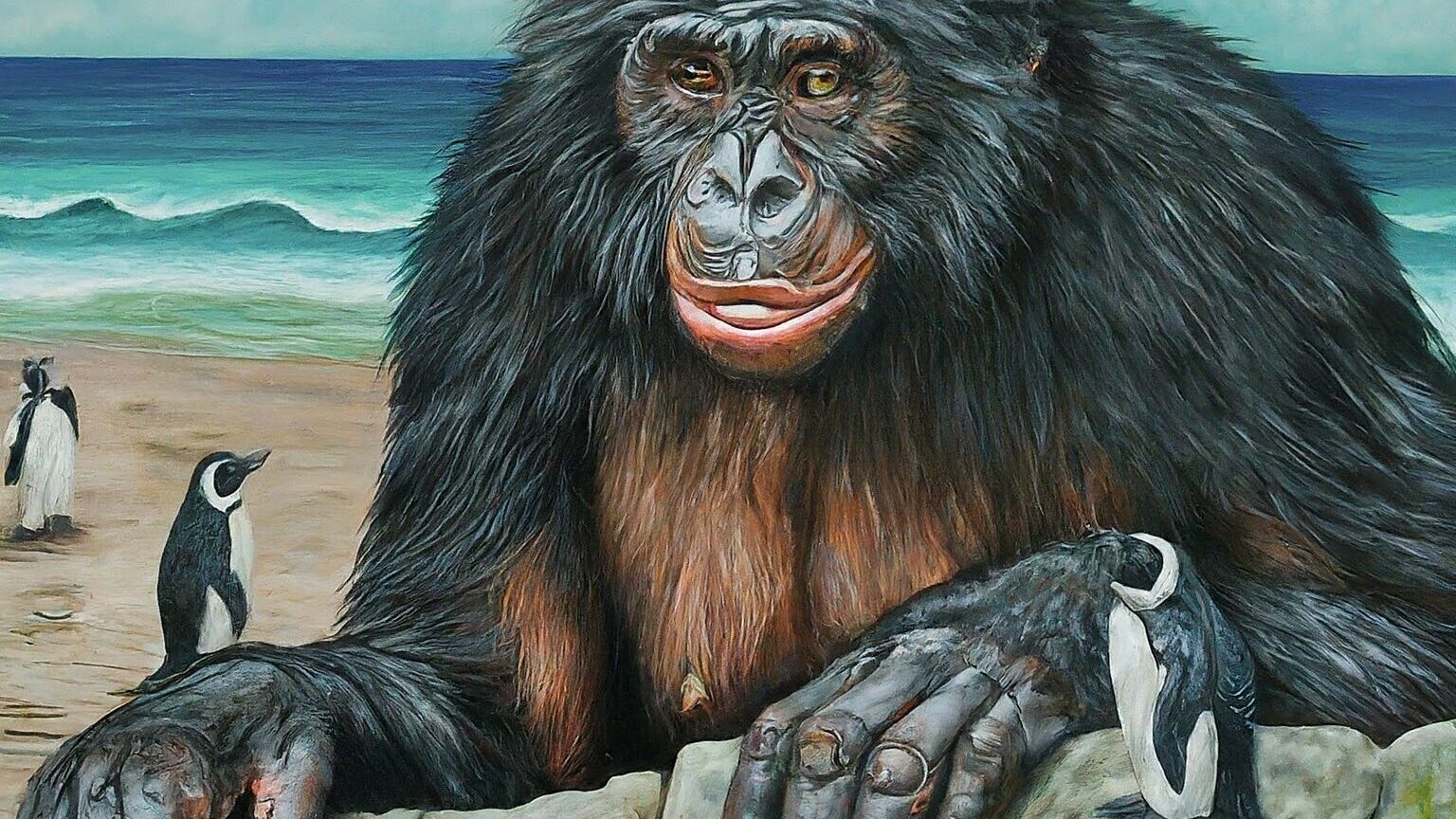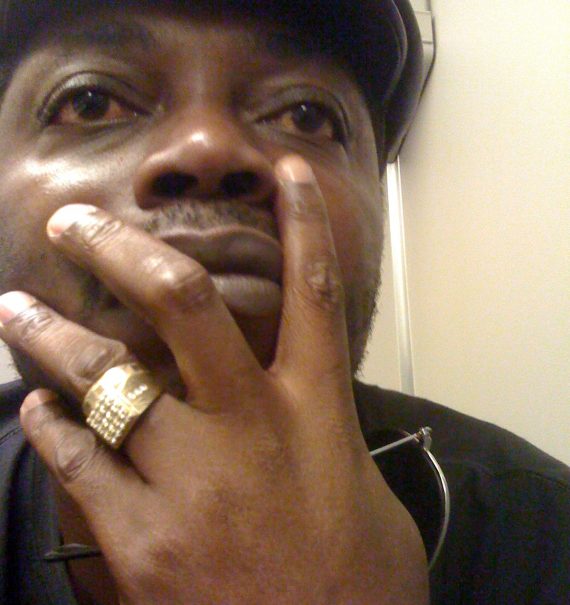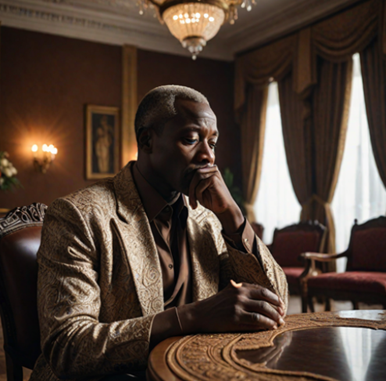The Evolution of Morality: From Achan

Achan took the accursed thing, and for this, according to Joshua 7:24-25, he, his family, and all his possessions were stoned and burned. How can this be, collectively punishing a people for the sin of one individual? Well, in Deuteronomy 5:9-10, we are told that the LORD our God is a jealous God, visiting the iniquity of the fathers on the children to the third and the fourth generation of those who hate him. So, the judgment on Achan’s family could, maybe, be understood in this light.
But then, we come to Jeremiah 31:29 and read that “In those days they shall no longer say: ‘The fathers have eaten sour grapes, and the children’s teeth are set on edge,’ but everyone shall die for his own iniquity; each man who eats the sour grapes, his teeth will be set on edge.” What has changed? Obviously not God but time. Time, because between Jeremiah and Deuteronomy, there is a period of at least one hundred years.
This Achan story and the shift in Jeremiah exemplify the impermanence of norms, even with God. In the ever-evolving tapestry of human morality and religious interpretation, the concept of divine judgment has undergone a transformation, reflecting the shifting attitudes and values of society over time. This evolution in divine judgment, from collective punishment to individual accountability, mirrors the progression of societal norms towards a more nuanced understanding of justice. Yet, despite this evolution, there remains a pervasive inconsistency in the interpretation of biblical teachings. Please stay with me on this.
As Yolanda Pierce, the dean of the divinity school at Howard University, would have us believe, the Christianity that was delivered to us was pro-slavery. We do not need to search long before seeing through the veil. When the Europeans came with the Bible, they brought doctrines that supported and perpetuated racism in many parts of the world. Just think about the doctrine promoting the idea that Africans were the descendants of Ham and thus cursed. It made enslavement fitting, serving the purpose – for those enslaved to accept their slavery as God ordained. To support the plan, they will reference the epistle of Paul in Ephesians 6:5 where he encourages: “Slaves, obey your earthly masters with respect and fear, and with sincerity of heart, just as you would obey Christ.”
The same Apostle Paul, who encountered Christ on his way to Damascus, is tolerant of slavery. However, he is not tolerant of unrighteousness, as he lays out in 1 Corinthians 6:9 “Or do you not know that the unrighteous will not inherit the kingdom of God? Do not be deceived: neither the sexually immoral, nor idolaters, nor adulterers, nor men who practice homosexuality.” This verse gives context to the push by many Christians against the LGBTQ+ movement.
But herein lies a problem – you cannot accept one teaching of Paul while ignoring another! What do I mean? For you to accept 1 Corinthians 6:9, you’ll have to accept Ephesians 6:5. The acceptance of one aspect of Paul’s teachings (against LGBTQ+) while disregarding another (support for slavery) highlights the flawed nature of selective interpretation and the need for a more comprehensive understanding of scripture in its historical and cultural context. On this planet, the only one not named after any god, practices once deemed divinely ordained, like chattel slavery, have been rightfully condemned through societal evolution. Indeed, the annals of history are replete with examples of once-accepted social norms that have been rightfully consigned to the dustbin of history. Consider the atrocities committed under the reign of Leopold II, a man raised and baptized in the Catholic doctrine, in the Congo Free State where acts of unspeakable brutality were perpetrated in the name of colonial exploitation. At the time, such atrocities were overlooked or even celebrated in Europe, yet today they would be unequivocally condemned as blatant murder and reprehensible crimes against humanity.
But times do change and indeed have changed. All over the world, slavery in any form is condemned and unaccepted! The ignorance of this fact is why Senator Ike Ekweremadu, his wife Beatrice, and Dr. Obinna Obeta have ended up currently cooling their heels in prison under Britain’s modern slavery laws.
And then there was Cecil Rhodes. Yes, the same Cecil after whom Rhodesia is named. His statue was everywhere. It was in Oxford College, England, at the University of Cape Town, South Africa, and of course, at the Devil’s Peak where it lies central to the Rhodes Memorial. He was highly respected and celebrated. That was until the Black Lives Matter movement rose up to condemn what he really stood for – a “Racist, thief, and murderer.” This is despite his generosity and grants to support education. It came to be that the woke movement and the world have come to realize that racism is not an ideal for the modern world.
Less than a century ago, the idea of equality of the races in America was horrific. That was until Martin Luther King stood up. Now, it is an accepted norm, though with pockets of displeased individuals here and there. Similarly, in Calabar, as recent as 1879, it was believed that twin children were evil and must be killed. Thank goodness for a Mary Slessor that came to eradicate that unwholesome practice. Now, twins can live. All these point to the fact that norms do change, and it is possible that what we accept as true today may be something we come to be repulsed with tomorrow.
The good Lord that created the Bonobos on the sixth day and predisposed them to weird sexual behaviours obviously knew what he was doing. Perchance someone would look at the Bonobos and conclude they are a mistake; then the question needs to be asked: “could the other 1500 animal species, including all main groups from invertebrates such as insects, spiders, echinoderms, and nematodes, to vertebrates such as fish, amphibians, reptiles, birds, and mammals reportedly observed as engaging in same-sex behaviour have been a mistake too?”
And when it comes to religion, we do know there are many religions and variants even within each religion in the world. Christianity is just one, out of several other religions out there. Enforcing religious views on others stifles individual freedoms of belief and expression. It breeds resentment and division within communities, hindering peaceful coexistence. Ultimately, a society thrives when it respects the right of individuals to choose their own spiritual path.
So, given all these, would you still think that one’s sexual orientation is what makes one a candidate for heaven or hell? If we have learned anything at all from the historical shift away from slavery, inequality, and the inconsistency within religious texts, it is that we are fallible. What if we are wrong about LGBTQ+ as some had been wrong about slavery, collective punishment, and equal rights? What if we look back in one hundred years and find ourselves on the wrong side of history?
What if we follow the lead of the pope and say, “Who are we to judge?”










